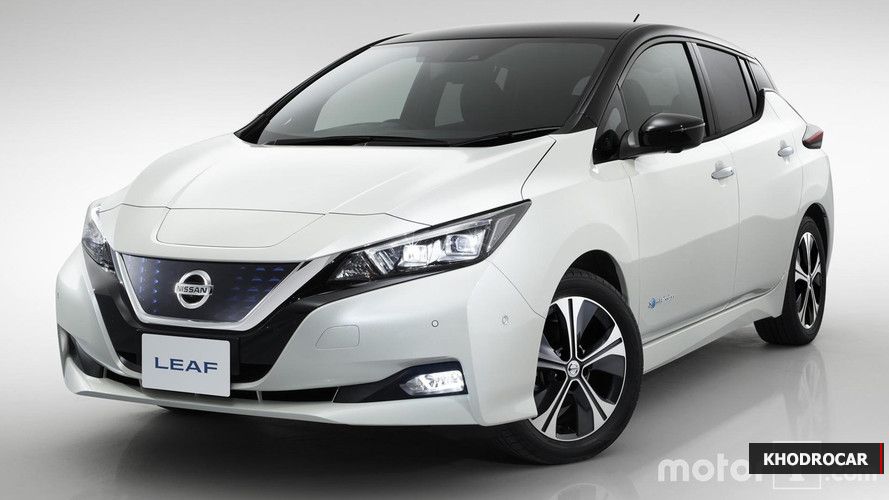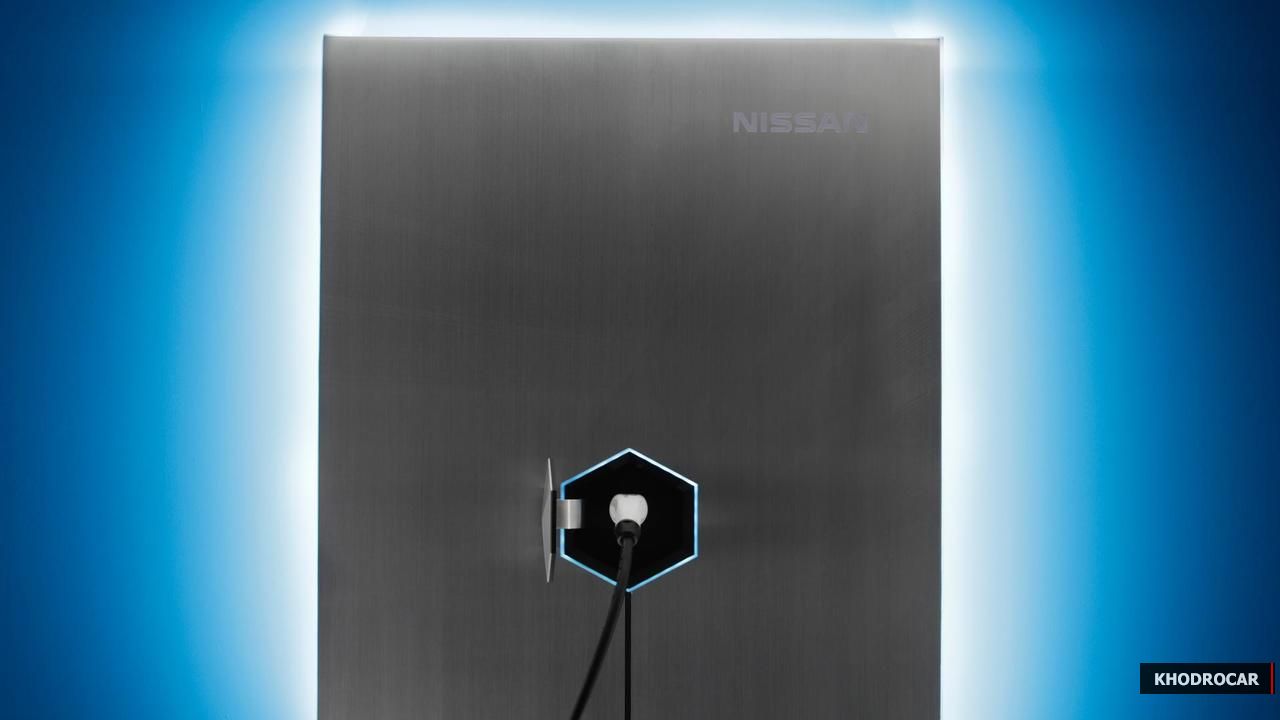Stand back Volkswagen, Nissan has big electric plans too
A high-tech home charger is on the way, too.
Khodrocar - Nissan has fired a shot across Volkswagen’s bow with a host of electric tech announcements that aim to challenge the German manufacturer’s desire to be the number one electric manufacturer.
At its Electric Futures event in Oslo, Norway, Nissan revealed the European-spec version of the Leaf with a 235-mile (378-kilometer) range, a new e-NV200 van with 174-mile (280-km) range, made a commitment to build 1,000 quick charging points across Europe over the next 18 months, and revealed its new 2018 range of quick chargers for home and office installation. The 22 kilowatt version will charge a Leaf to full capacity in just two hours.
At its Electric Futures event in Oslo, Norway, Nissan revealed the European-spec version of the Leaf with a 235-mile (378-kilometer) range, a new e-NV200 van with 174-mile (280-km) range, made a commitment to build 1,000 quick charging points across Europe over the next 18 months, and revealed its new 2018 range of quick chargers for home and office installation. The 22 kilowatt version will charge a Leaf to full capacity in just two hours.

Nissan Europe chairman Paul Willcox was keen to emphasize that Nissan got into the electric game early: "Every day I open up the papers and read about another manufacturer going electric – welcome to the party, we say."
Willcox also had strong words for car makers that were pursuing electric vehicles as "a reaction to a reputational crisis."
"Nissan kickstarted the electric vehicle revolution almost a decade ago and we’ve sold more EVs than any other manufacturer on the planet," he said. "Put simply, we’ve been doing it longer than anyone else, we’ve sold more than anyone else, and we have a more exciting plan for the future than anyone else."
The Japanese manufacturer also revealed xStorage, a new home electric vehicle charger that allows an EV owner to sell electricity back into the grid from the car's battery when it’s needed most. Nissan says using the scheme could mean free electricity for EV owners because they can receive money back from the power company at peak times.
Willcox also had strong words for car makers that were pursuing electric vehicles as "a reaction to a reputational crisis."
"Nissan kickstarted the electric vehicle revolution almost a decade ago and we’ve sold more EVs than any other manufacturer on the planet," he said. "Put simply, we’ve been doing it longer than anyone else, we’ve sold more than anyone else, and we have a more exciting plan for the future than anyone else."
The Japanese manufacturer also revealed xStorage, a new home electric vehicle charger that allows an EV owner to sell electricity back into the grid from the car's battery when it’s needed most. Nissan says using the scheme could mean free electricity for EV owners because they can receive money back from the power company at peak times.

In addition to taking electricity from a plugged-in car, the xStorage system can harvest power from solar panels if they're available. It also taps into the power grid if necessary when charging vehicles. Nissan is currently testing xStorage in Denmark, and the company has a partnership with Ovo Energy to bring the tech to the United Kingdom. The automaker expects to have more than 100,000 of the systems installed in Europe by the end of 2020.
Source: motor1.com
Latest News


